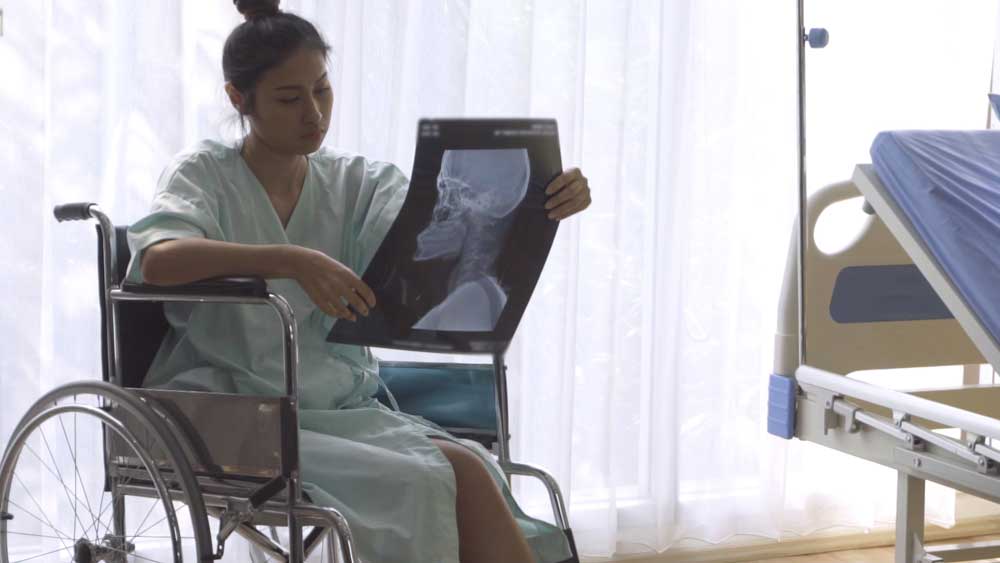
Selinger Law Group obtains $15.5 million verdict for brain injury
November 19, 2021
Selinger Law Group obtains $15.5 million verdict for brain injury
November 19, 2021Remember that Prilosec commercial with “Larry the Cable Guy” with funny hats and fireworks? He said, “This is America – we not only make things you want but things you didn’t even know you want.”
That statement virtually sums up the marketing tactics behind Nexium (the purple pill), Prilosec, and Prevacid – three heavily promoted pharmaceuticals known as proton pump inhibitors (PPIs). These billion-dollar drugs were developed to treat gastroesophageal reflex disease (GERD) and heal erosive esophageal issues.
Many PPIs are available over the counter, which may lead people to assume they are entirely safe and take them even when other heartburn remedies would be more appropriate. The U.S. Food and Drug Administration (FDA) warns that OTC PPIs are meant to be used for only two weeks at a time and no more than three courses in one year. However, aggressive marketing campaigns urge consumers to take these drugs once a day to “prevent heartburn,” as Larry the Cable Guy states. This recommendation to pop these pills daily to “prevent” heartburn or acid indigestion is outrageous and unnecessary.One major problem I am finding with long-term PPI use is that many patients find it difficult or impossible to stop taking them because of rebound symptoms. As a result, they may be unable to get off these drugs without experiencing severe side effects. Additionally, most people are unaware that PPIs are serious medications that have been linked to risks of hip, wrist, and spine fractures as well as severe hepatic impairment.
On April 14, 2016, researchers published a study in the Journal of the American Society of Nephrology showing an increased risk of kidney disease in PPI users compared to those taking histamine 2 receptor antagonists (H2 blockers). By examining the medical records of new users of the drugs in Veterans Administration databases, they found that over the course of five years, PPI users were 28% more likely to develop chronic kidney disease and had twice the risk of end-stage kidney failure.
The researchers also found that long-term PPI users were much more likely to suffer kidney failure than those who took the drugs for a month or less. An earlier study, published in JAMA Internal Medicine in January, found that PPI users had a 20% to 50% greater risk of chronic kidney disease than nonusers and people taking H2 blockers.

